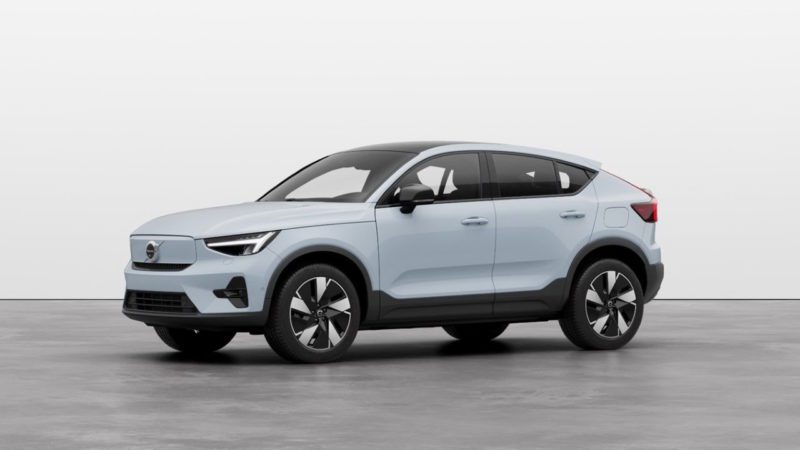Volvo has announced that it will close its UK wholesale channel in June and move to a 100 per cent direct market business model similar to that of Tesla.
In a press release this week Volvo said the transformation is crucial to its long-term ambitions and growth. Volvo says it will be fully electric by 2030 and will introduce new ways to access Volvo cars and create more direct relationships with customers.
“Europe, our largest sales region and furthest along in the move towards full electrification, is spearheading this transformation – already in 2022, online and direct sales represented 11 per cent of the total sales in our top five European markets,” said Volvo in a press release this week.
“In the United Kingdom the change is already well under way, with many direct sales channels already operational. Since 2019, it has been possible to order a Volvo car online in the UK. The subsequent launch of the Care by Volvo subscription service in September 2020 offered a new, flexible alternative to traditional car ownership. To date, more than 12,000 new cars have been sold by this direct channel.
“In June this year we’ll be taking the next important step as the UK becomes our first 100 per cent direct market when we close the UK wholesale channel. It is important to note that we are not closing the Volvo Cars retailers. They continue to be an important part of a seamless online and physical consumer experience.
“Sweden will be the next market to switch to this model, while other markets in Europe will follow as they become ready.”
Volvo says it’s also introducing other new business models including subscription leasing.
“In the UK, our new approach to getting a Volvo car is designed around flexibility for the consumer. You decide how you access a new Volvo model: through subscription, leasing, Personal Contract Purchase (PCP), Volvo Loan or outright purchase.”
Vehicle makers moving away from outdated dealership model
In contrast to traditional auto makers, Tesla sells direct to customer though an online ordering platform. While Tesla does have showrooms where customers can view and test drive its vehicles, the pricing and sales is all handled by the OEM.
Traditional auto makers sell to independently owned dealerships at a wholesale price where dealers then take a sales margin.
The dealership model is a big obstacle for traditional automakers as the additional sales margins involved add to overall vehicle costs for consumers.
High inventory rates and true sales data are also a problem with the dealership model as inventory can fluctuate significantly.
During its Capital Markets Day this week Ford CEO Jim Farley also announced that Ford’s electric vehicle business, Ford e, will also move to a direct sales model.
“Our dealers can be a competitive advantage as we work together to lower distribution costs,” said Farley.
“We’re going to reduce physical inventories dramatically for Model e and deploy a new marketing model that focuses on loyalty, customer communication and building a community rather than spending billions on TV advertising and broadcast media.”
Other vehicle makers may have to follow suit if they wish to remain competitive.

Daniel Bleakley is a clean technology researcher and advocate with a background in engineering and business. He has a strong interest in electric vehicles, renewable energy, manufacturing and public policy.

